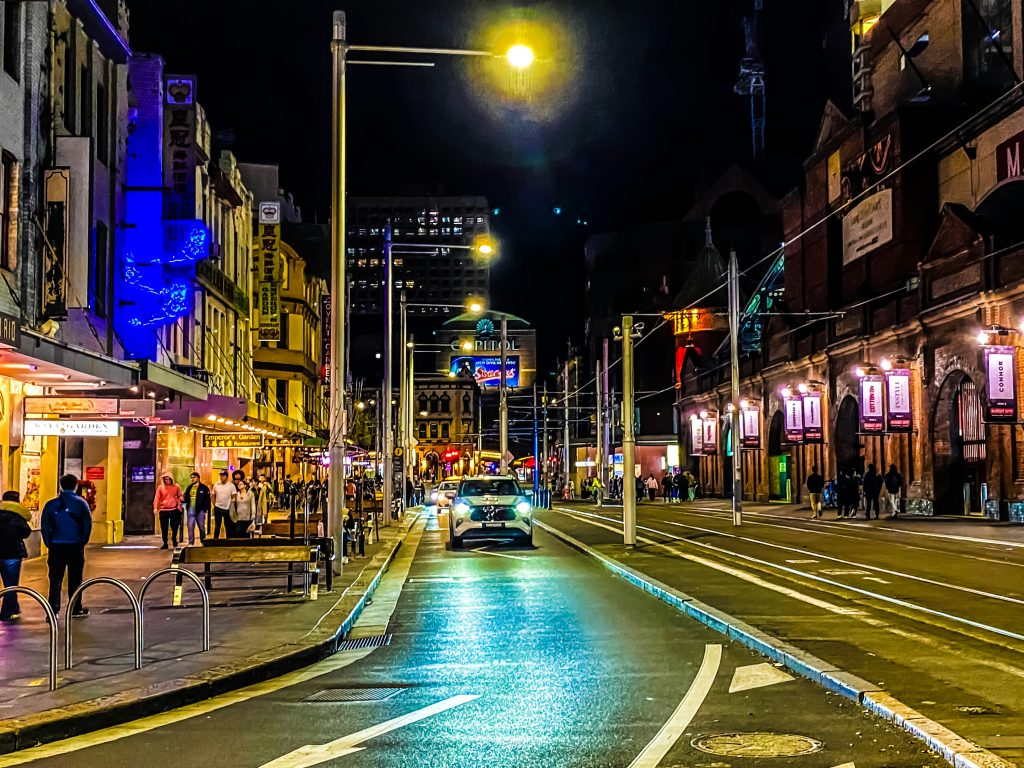Birmingham, a city known for its rich cultural tapestry and industrial heritage, is experiencing notable shifts in both its hospitality and food sectors. Recently, the iconic apartment-hotel, Staying Cool at Rotunda, closed its doors after a successful 15-year run. This closure marks the end of an era for a venue that has offered visitors a unique blend of modern comfort and panoramic views of the city skyline.
The Rotunda, which became a symbol of Birmingham’s urban revival, provided not just a place to stay but also a distinctive experience, attracting both business and leisure travelers alike. Its closure raises questions about the future of hospitality in Birmingham, especially in a post-pandemic landscape where the tourism industry is still recovering. As the city adapts to changing consumer preferences and economic challenges, the hospitality sector must innovate to remain competitive.
In contrast to this shift in accommodation, Birmingham’s food scene is witnessing exciting developments. The Birmingham Food Council has taken an innovative approach to engage food sector professionals, planners, and policymakers by creating a game designed to enhance understanding of systemic shocks within the food industry. This initiative aims to foster collaboration and improve resilience against future disruptions. By simulating various scenarios, participants can explore the complexities of food systems and develop strategies to address challenges such as supply chain disruptions, sustainability concerns, and public health issues.
The game serves as a valuable tool for stakeholders to navigate the evolving food landscape and is a testament to Birmingham’s commitment to fostering a resilient and sustainable food ecosystem. As the city seeks to not only recover but thrive in the face of adversity, initiatives like this highlight the importance of innovation and cooperative efforts among local entities.
As Birmingham continues to evolve, it remains a city of contrasts, with its historical roots juxtaposed against a backdrop of modern challenges and opportunities. While the closure of Staying Cool at Rotunda signifies a shift in the hospitality landscape, the proactive steps taken by the Birmingham Food Council to engage stakeholders in meaningful dialogue represent a forward-thinking approach to the culinary arts.
As stakeholders in both sectors look towards the future, it is crucial for Birmingham to harness its entrepreneurial spirit and creativity to attract new visitors and support local businesses. The city has the potential to become a leader in sustainable tourism and food production, providing a model for other urban centers facing similar challenges.
In conclusion, Birmingham is at a crossroads, navigating the complexities of change within its hospitality and food sectors. The closure of a beloved hotel and the innovative responses from the Birmingham Food Council reflect the city’s resilience and adaptability. Moving forward, it will be essential for Birmingham to cultivate its unique identity, promote its culinary talents, and create an inviting atmosphere for both residents and visitors. By embracing change and fostering collaboration, Birmingham can secure its place as a vibrant and dynamic city for years to come.

